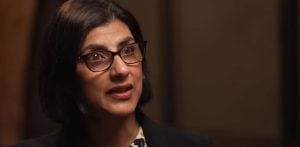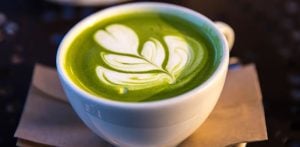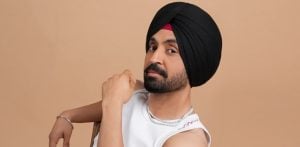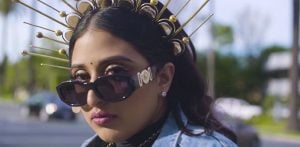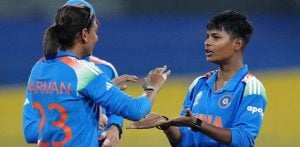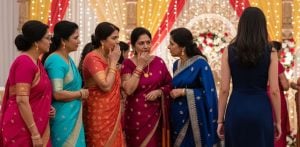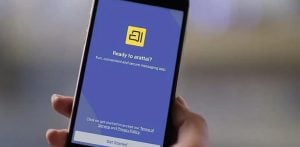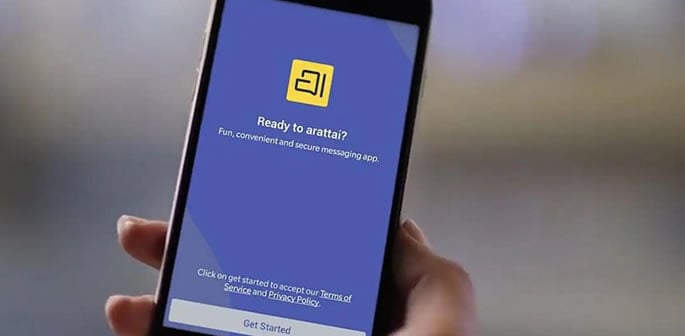"that number is continuing to rise."
Indian messaging app Arattai, developed by tech company Zoho, has gone viral in recent weeks, with the company claiming seven million downloads in “seven days last week”.
While the app had a quiet soft launch in 2021, it is now at the centre of a national conversation.
The sudden spike in popularity has been linked to the government’s call for self-reliance as India faces the impact of steep US trade tariffs.
Prime Minister Narendra Modi and his ministers have been promoting the message to make and spend in India.
Federal minister Dharmendra Pradhan urged people to use “India-made apps [to stay] connected”. Since then, several ministers and business leaders have also posted in support of Arattai.
Zoho confirmed that this government backing helped fuel the app’s popularity.
The company said: “The push from the government definitely contributed to the sudden surge in Arattai downloads.”
Zoho CEO Mani Vembu told the BBC: “In just three days, we saw daily sign-ups increase from 3,000 to 350,000.
“In terms of our user base’s active users, we saw a 100X jump, and that number is continuing to rise.”
He added that users are “enthusiastic about a homegrown product that can meet all their unique needs and requirements.”
Despite the surge, experts say Arattai still has a long way to go before it can compete with WhatsApp, which has 500 million monthly active users in India.
WhatsApp is deeply ingrained in daily life, used for everything from sending morning greetings to running small businesses.
Arattai offers similar features, including text, voice and video calls, and business tools.
Like WhatsApp, it is designed to work on low-end phones and slow internet connections. Users have praised its interface and performance, with many taking pride in supporting an Indian-made product.
But India has seen similar launches before. Apps such as Koo and Moj were once seen as rivals to X and TikTok but failed to maintain success.
Concerns about privacy have also surfaced. Arattai currently offers end-to-end encryption for voice and video calls but not for messages.
Arattai says it is working to roll out full encryption for text messages soon.
WhatsApp already offers full encryption for messages and calls but can share metadata with governments under legally valid circumstances.
India’s internet laws require social media companies to share user data with the government when requested.
However, large global firms like Meta and X can resist such demands with their legal and financial backing.
In 2021, WhatsApp sued the Indian government over new digital regulations, saying they violated its privacy protections. X has also filed legal challenges against the government’s content takedown powers.
Experts now question whether Indian-made Arattai could resist similar pressures.
Tech law expert Rahul Matthan said: “Until there is more clarity on Arattai’s privacy architecture and Zoho’s stand on sharing user-generated content with the government, many people may not feel comfortable using it.”
Arattai’s rapid rise reflects India’s ambition to build a self-reliant digital ecosystem.
Yet history shows that domestic apps struggle to sustain momentum against entrenched global giants.
With WhatsApp deeply woven into Indian life, Arattai’s challenge will be turning its patriotic moment into lasting user loyalty. Whether it can hold its ground, or fade like others before, remains to be seen.







